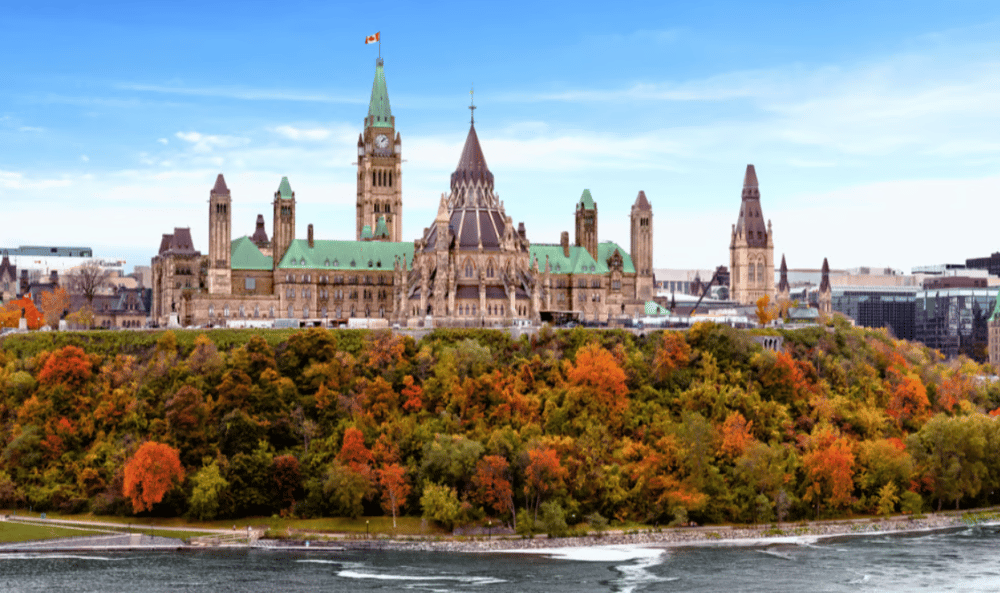Will housing priorities take a hit?

Prime minister Mark Carney’s government is launching a comprehensive spending review aimed at reducing federal operational costs while maintaining key priorities, according to government sources.
Finance minister François-Philippe Champagne has sent letters to cabinet colleagues requesting “ambitious savings proposals” to control public sector spending, CBC News reported. The directive calls for program spending reductions of 7.5% in the upcoming fiscal year, followed by 10% the following year and 15% by 2028-29.
The comprehensive expenditure review will assess whether existing programs meet their objectives and remain “core to the federal mandate” without duplicating services provided by other government levels.
Housing likely to remain government priority
Despite the spending cuts, housing affordability is likely to remain a top priority for the Carney government. The initiative aligns with campaign promises to “spend less, so Canada can invest more” by redirecting federal funds toward productive economic investments.
Carney has already laid out plans to supercharge the pace of housing starts across the country, including the proposed creation of a new entity called “Build Canada Homes” to boost funding for affordable housing initiatives and spur home construction.
Speaking on CBC’s Power & Politics after the latest cost-cutting measure was revealed, transport and internal trade minister Chrystia Freeland confirmed that social programs including dental care, early childhood education and daycare “would not be touched” during the planned cutbacks.
The government plans to redirect savings toward “significant investments in the productive capacity of the Canadian economy,” including new trade corridors and infrastructure projects, Freeland said.
While it’s not yet clear whether housing initiatives will be impacted, tackling the housing crisis was one of the centrepieces of the Liberals’ recent federal election campaign alongside the ongoing trade war with the US.
Defence spending remains protected
The cuts come as Carney has committed an additional $9.3 billion for defence spending this fiscal year, part of Canada's pledge to increase defence funding to 5% of GDP by 2035 – which could mean as much as $150 billion each year.
Economists warn these dual pressures create significant fiscal challenges. The C.D. Howe Institute projects annual federal deficits averaging more than $77 billion, with some suggesting tax increases including a potential GST hike may be necessary.
Under the previous Liberal government, federal employment grew 40% from 2015 to 2024, reaching 357,965 employees.
The fall budget will reveal specific details about how the government balances spending cuts with housing and defence priorities.
To what extent do you believe the tariffs will impact the housing market? Share your insights in the comments below.



